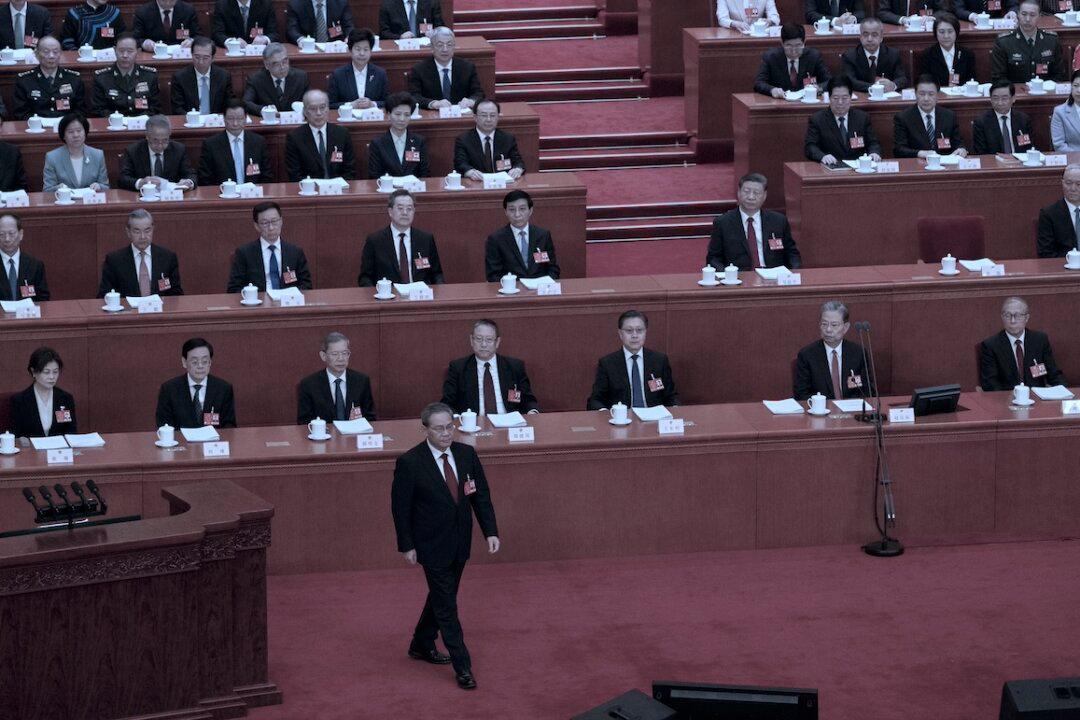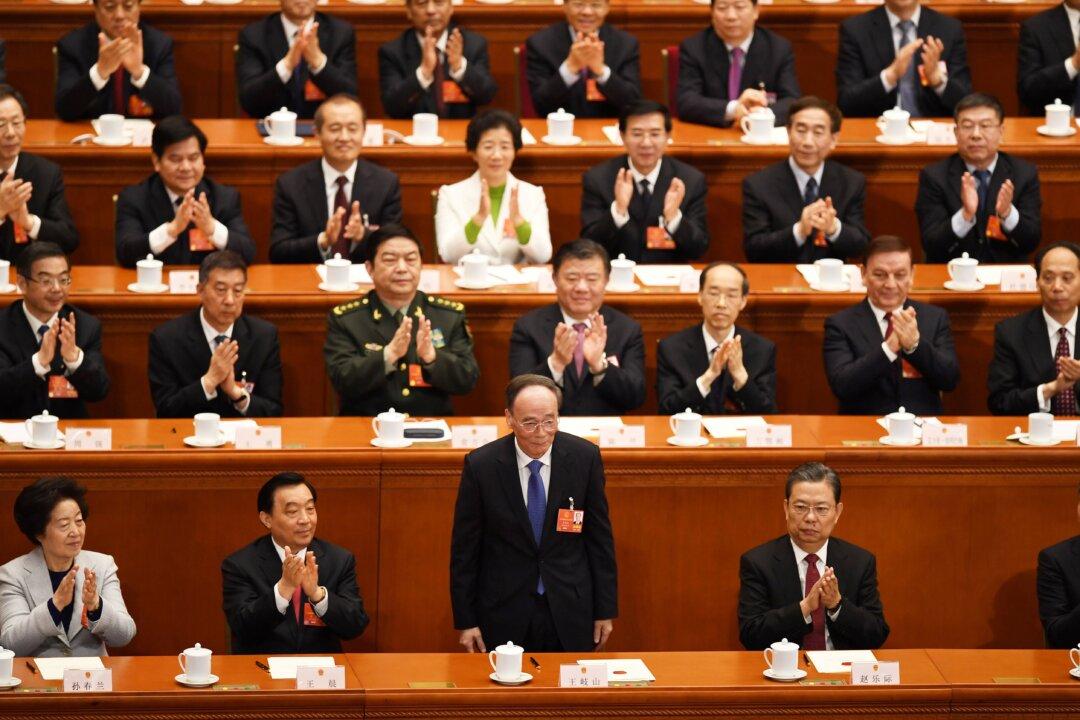Chinese developers have suspended the construction of apartment buildings amid the real estate crisis, triggering a widespread mortgage boycott among homebuyers in several provinces and cities across China in recent weeks.
These homeowners have organized protests at construction sites and local government offices, demanding the completion of homes they’ve already paid presale deposits for and started making mortgage payments on.




